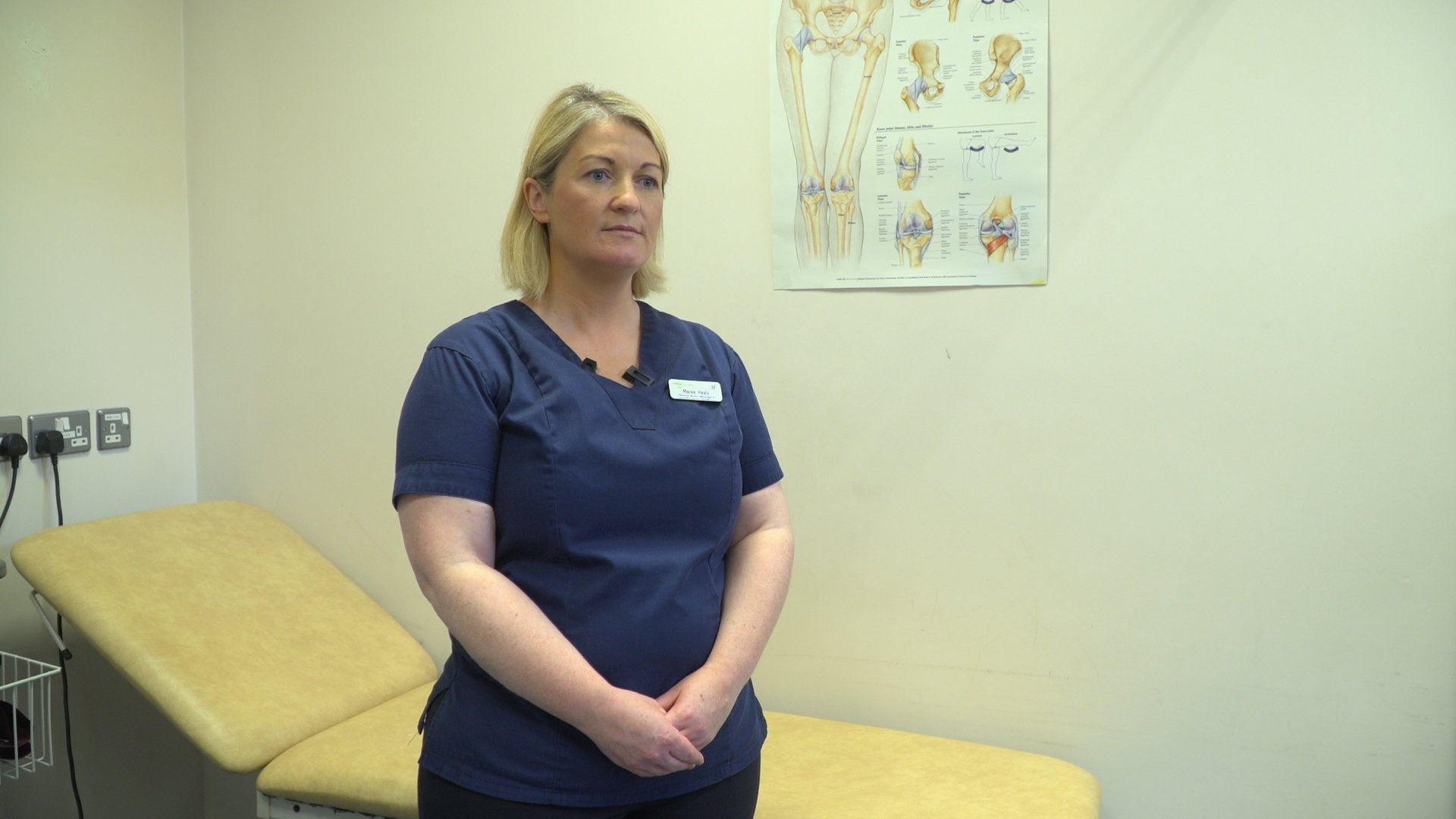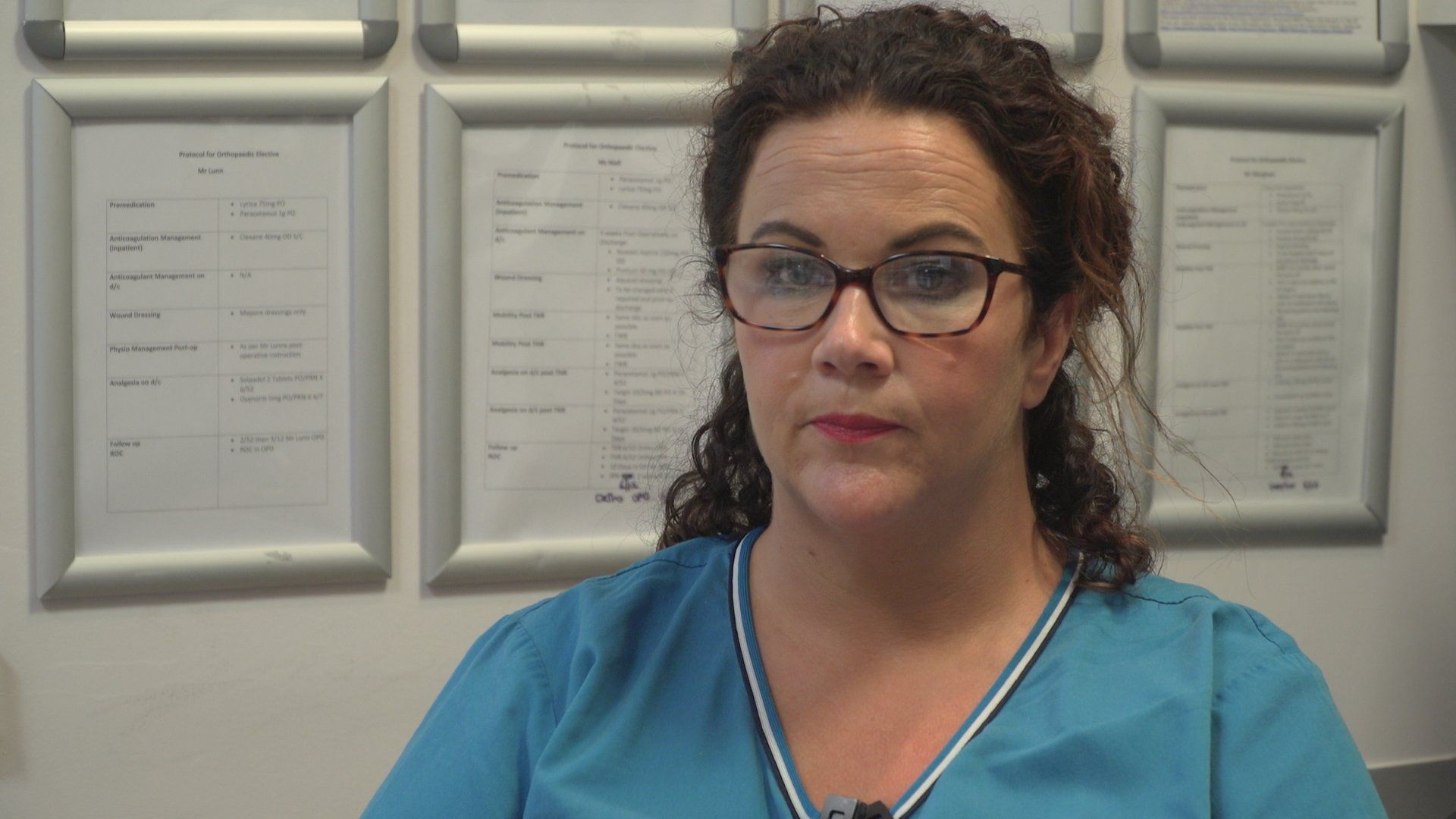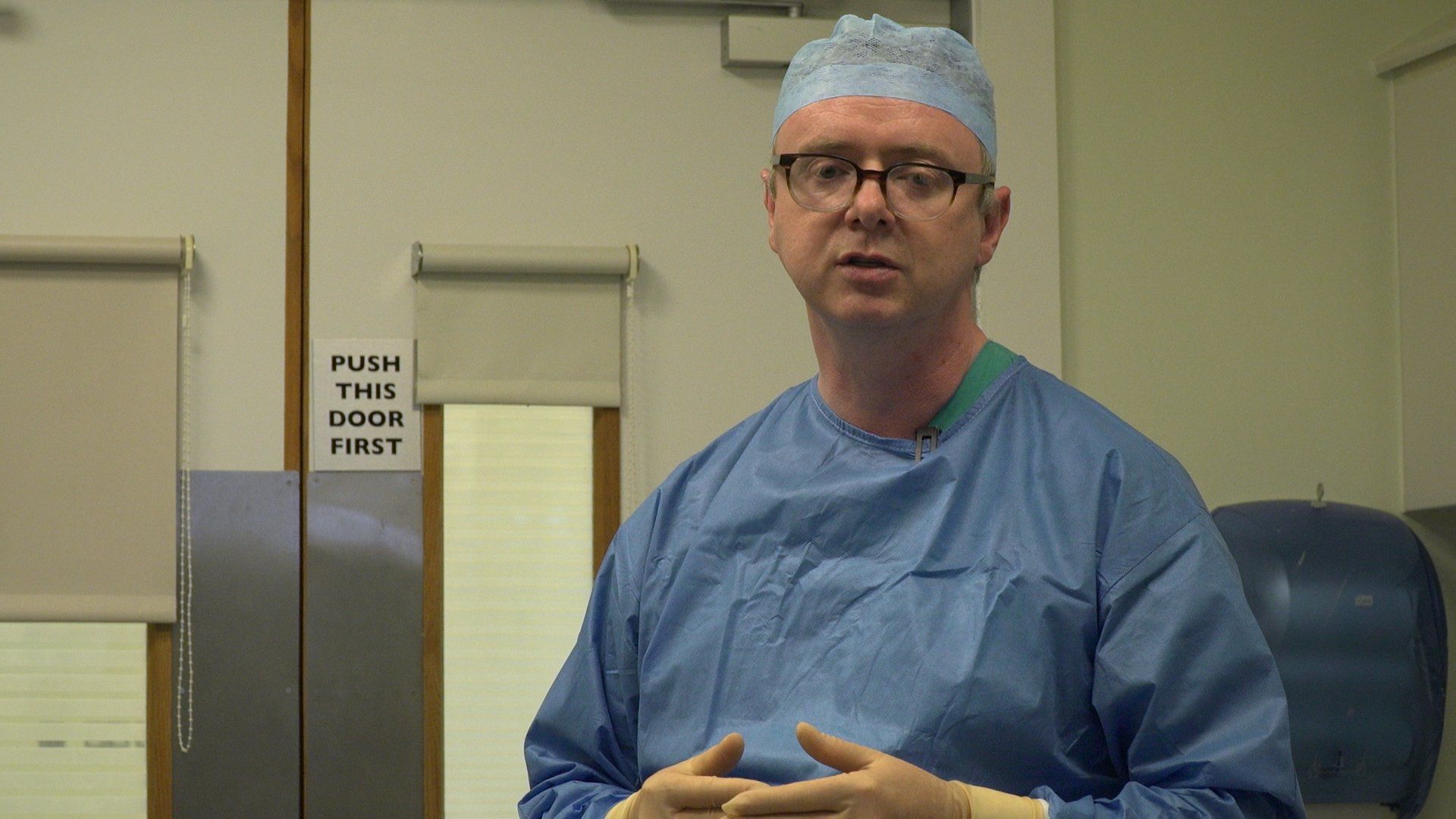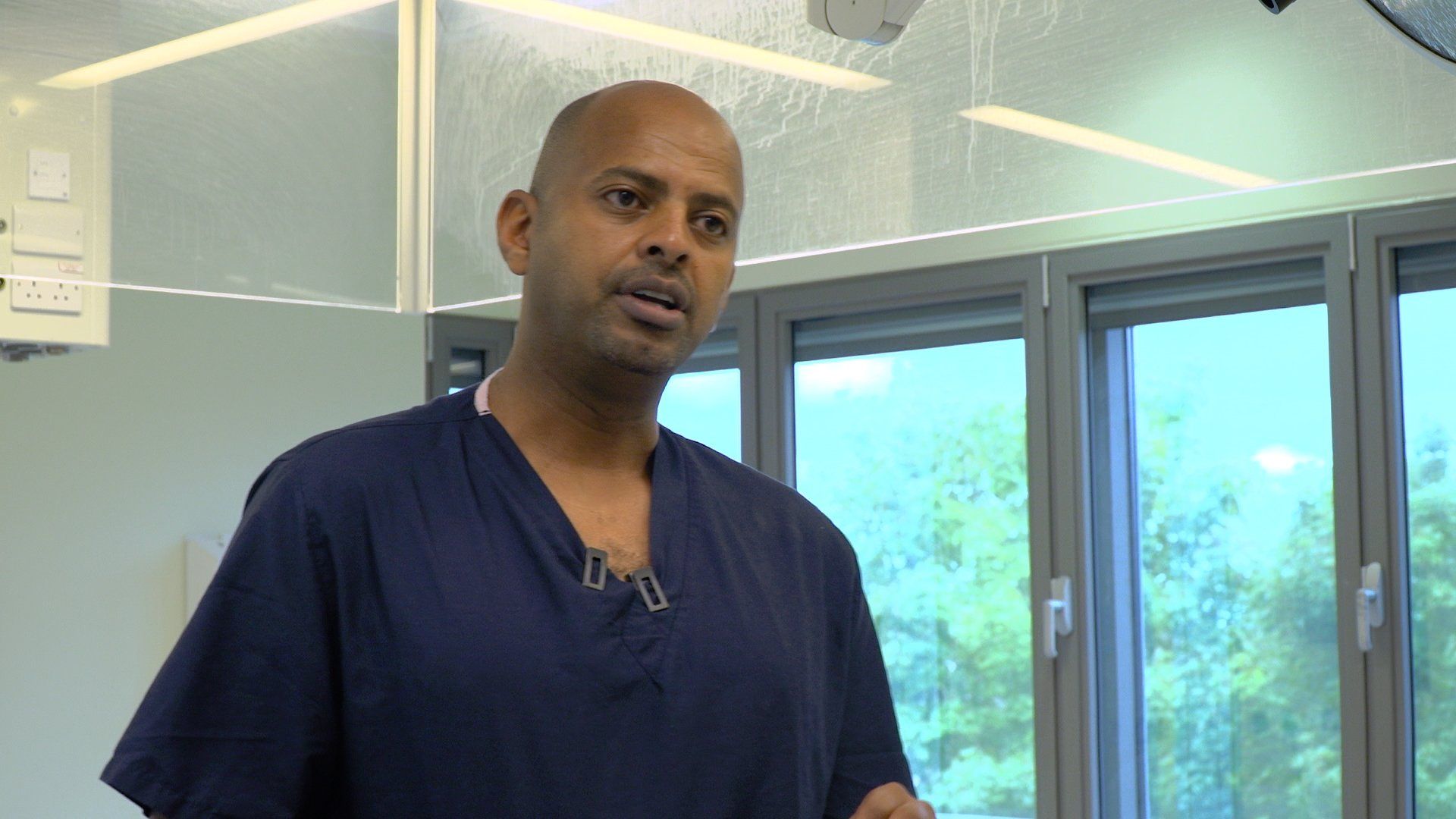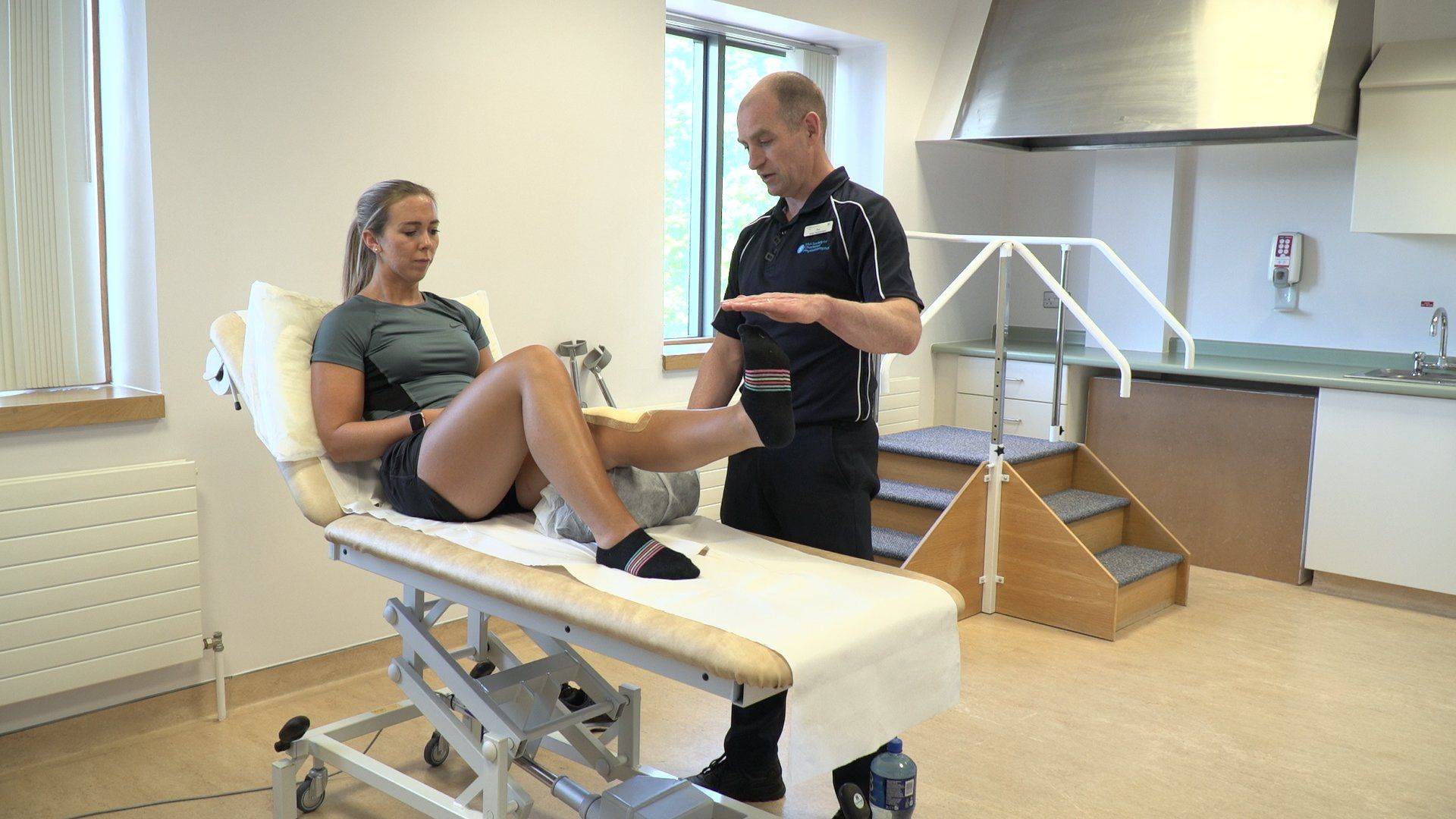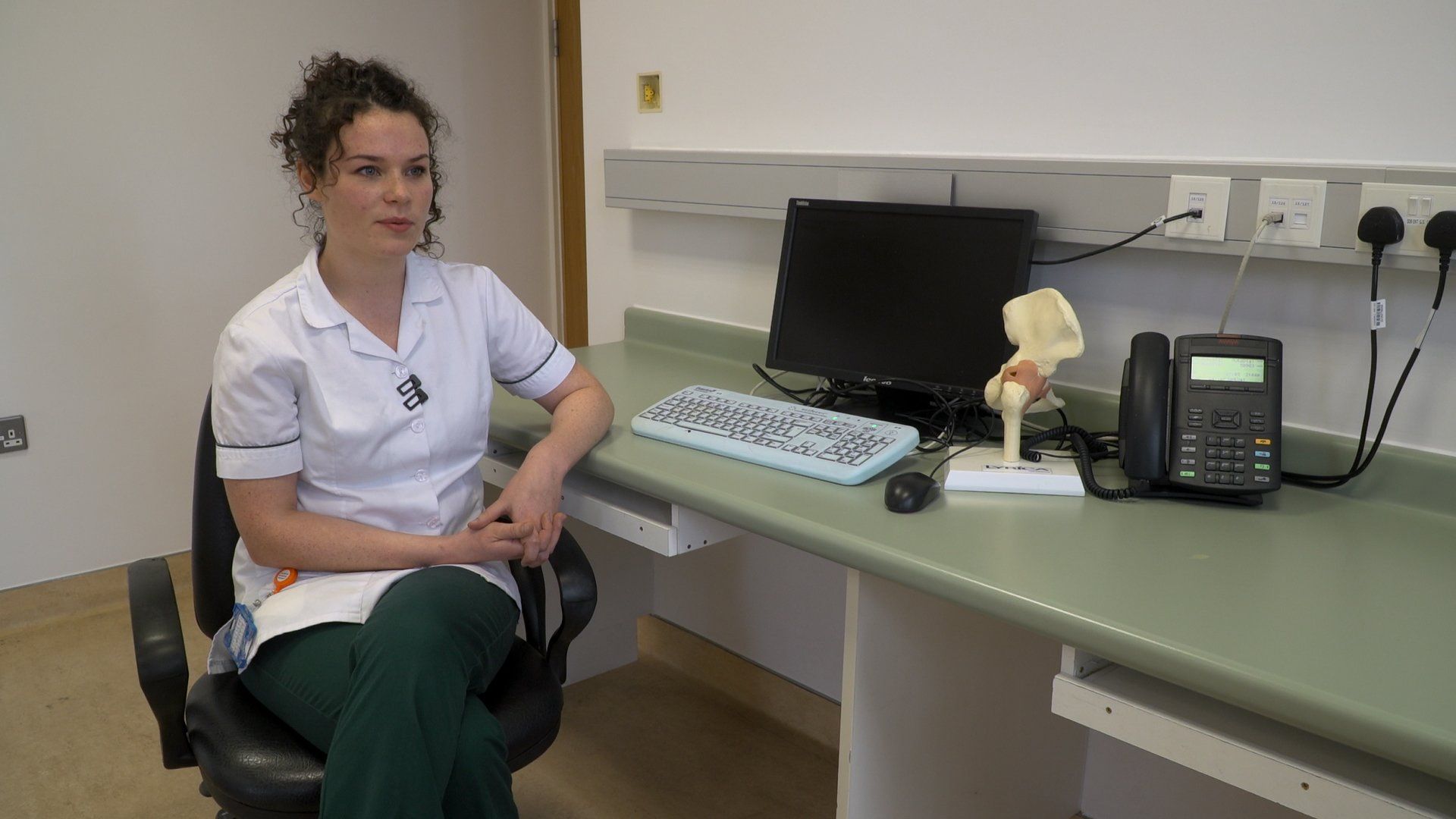TOTAL HIP REPLACEMENT
TOTAL HIP REPLACEMENT
Your Joint Replacement Journey will be guided by a multi-disciplinary team. This page and videos will introduce you to each team member and the role that they will play in your care, recovery and successful rehabilitation.
JOINT SCHOOL FOR TOTAL HIP REPLACEMENTS
Weclome to Joint School. This video has been developed to prepare you for your upcoming hip replacement surgery by explaining what you can do before surgery to help you prepare, what to expect from your hospital stay and how to rehabilitate to gain the most benefit from your new hip.
You will now meet the members of the Orthopaedic team who will be involved in your hip replacement journey.
Each team member has their own page below with useful tip and tricks, instructional videos and demonstrations.
The video takes one hour to watch from start to finish.
The Joint School Video for Total Hip Replacement








